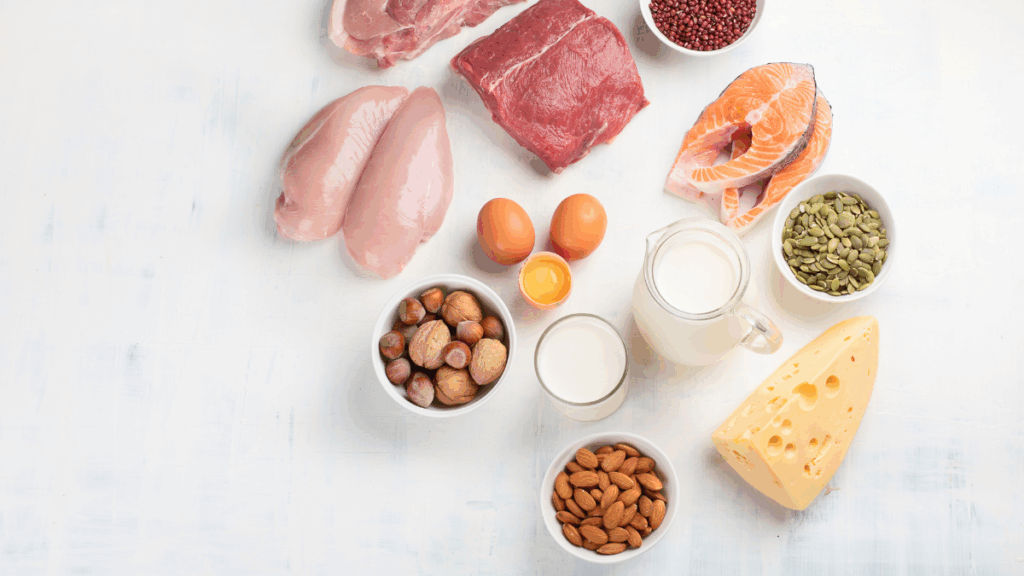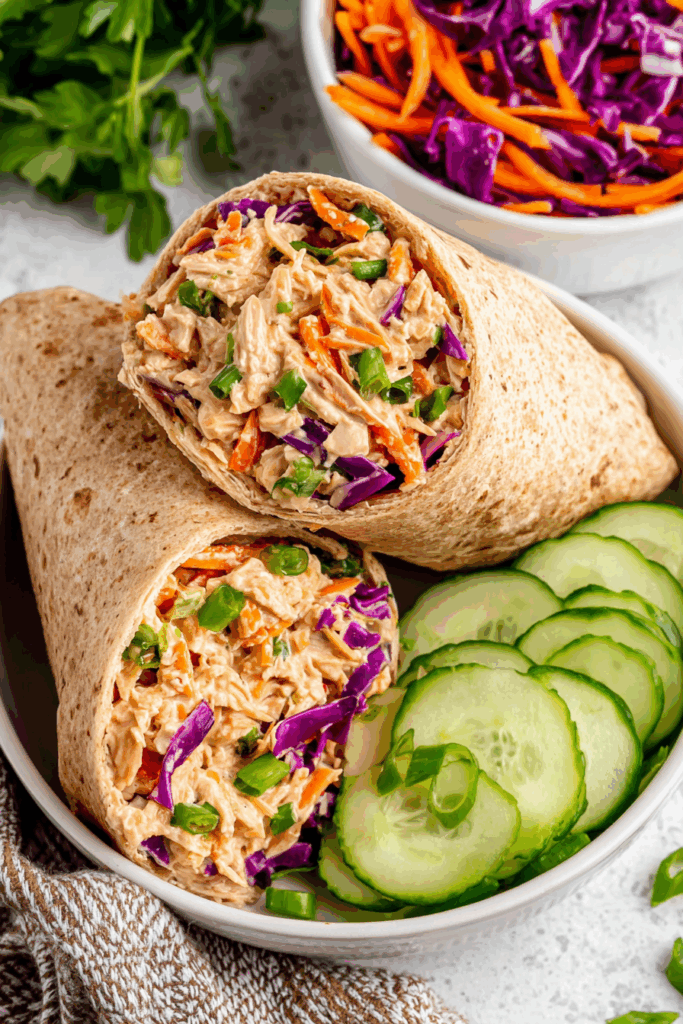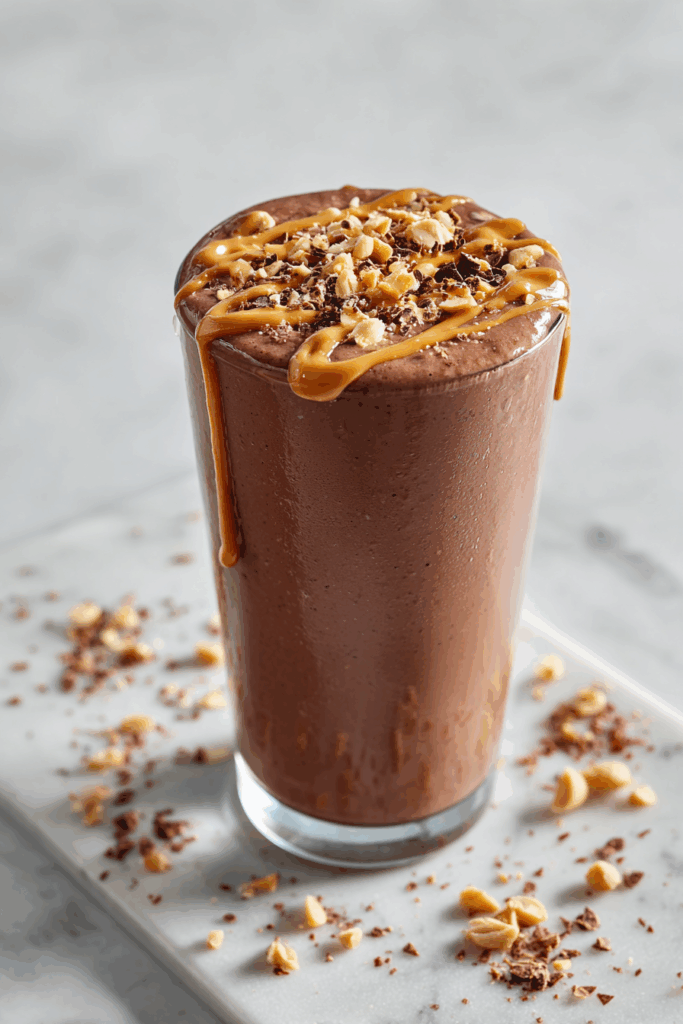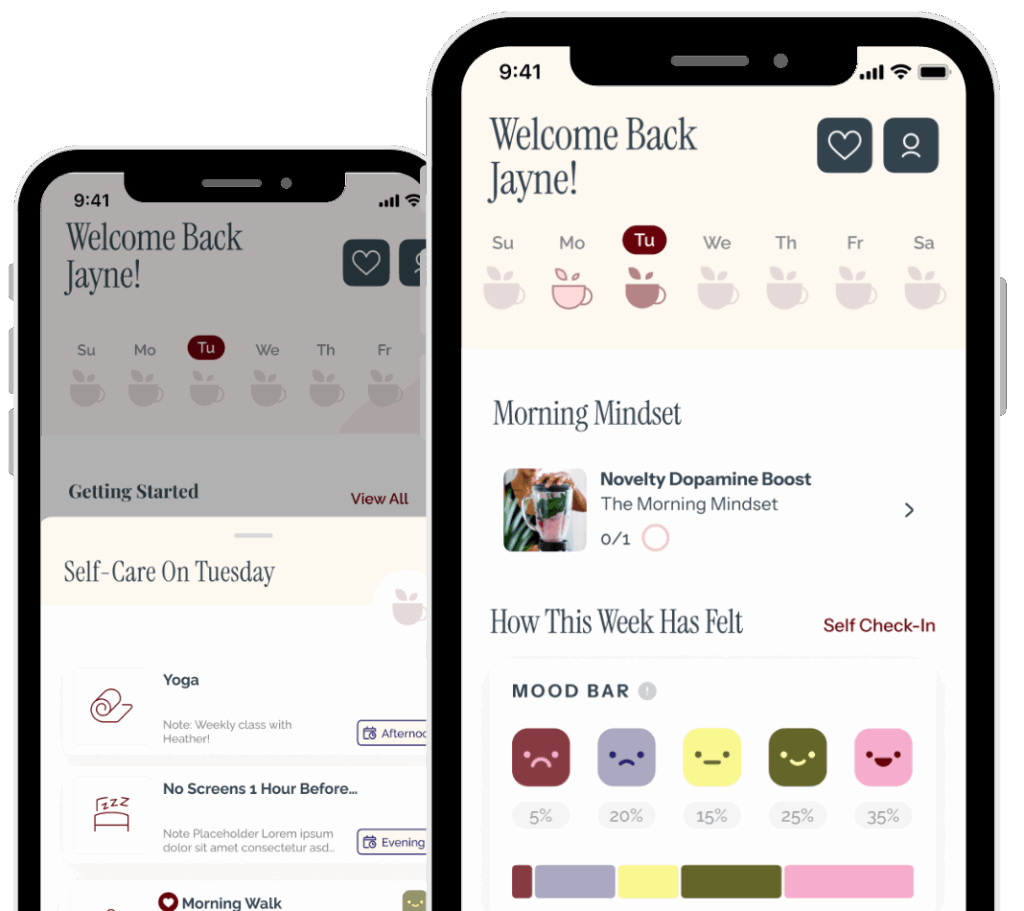How Much Protein Do You Really Need? A Science-Backed Guide
Protein is a buzzword in health and fitness, but how much do you actually need? The answer depends on your activity level, age, and health goals. In this guide, we’ll break down what protein is, what it does, and how much you should consume based on current scientific evidence.
What Is Protein and What Does It Do?
Protein is a macronutrient, which is a nutrient required by the body in relatively large amounts to provide energy and support growth and bodily functions. It is made up of amino acids, often referred to as the building blocks of the body. It’s essential for:
- Muscle repair and growth: After exercise, protein helps rebuild muscle fibers.
- Enzyme and hormone production: Proteins are involved in nearly every biochemical process.
- Immune system function: Antibodies are proteins that help fight infections.
- Skin, hair, and nail health: Keratin and collagen are protein-based structures.

How Much Protein Do You Actually Need?
1. Baseline Needs (Prevent Deficiency)
For sedentary adults, the Recommended Dietary Allowance (RDA) is 0.8 grams of protein per kilogram of body weight per day. This amount is designed to meet the nutritional needs of 97.5% of healthy individuals and prevent deficiency-related health issues.
Example:
- A 70 kg (154 lbs) woman: 0.8 × 70 = 56 grams/day
- An 88 kg (194 lbs) man: 0.8 × 88 = 70 grams/day
2. Maintenance Needs (Active Adults)
If you engage in regular physical activity—such as moderate-intensity exercise at least 3 times per week, strength training, or sports that challenge your muscles—your protein needs increase to support muscle maintenance and recovery. Research suggests that active adults should aim for 1.2 to 1.6 grams of protein per kilogram of body weight per day PMC.
Example:
- A 70 kg (154 lbs) woman: 1.2 × 70 = 84 grams/day to 1.6 × 70 = 112 grams/day
- An 88 kg (194 lbs) man: 1.2 × 88 = 106 grams/day to 1.6 × 88 = 141 grams/day
3. Muscle Growth (Strength Training)
For those aiming to build muscle, higher protein intake is beneficial along with strength training. Studies indicate that consuming 1.6 to 2.2 grams of protein per kilogram of body weight per day can enhance muscle protein synthesis and support muscle growth.
Example:
- A 70 kg (154 lbs) woman: 1.6 × 70 = 112 grams/day to 2.2 × 70 = 154 grams/day
- An 88 kg (194 lbs) man: 1.6 × 88 = 141 grams/day to 2.2 × 88 = 194 grams/day

Protein Distribution Matters
It’s not just about how much protein you consume, but also when and how you distribute it throughout the day. Research shows that evenly distributing protein intake across meals can enhance muscle protein synthesis and improve muscle mass.
Practical Tip:
Aim for 3–5 meals/snacks per day, each containing 0.25–0.4 grams of protein per kilogram of body weight. For a 70 kg individual, this equates to approximately 17.5–28 grams of protein per meal.
Animal vs. Plant Protein
Both animal and plant-based proteins can support muscle growth, but there are differences in their amino acid profiles. Animal proteins are complete proteins, meaning they contain all nine essential amino acids in sufficient amounts. Some plant proteins may lack one or more essential amino acids, but combining different plant sources can provide a complete amino acid profile.
Recent studies suggest that when consumed in adequate amounts and combined appropriately throughout the day, plant-based proteins can be just as effective as animal proteins for muscle building.
Practical Tips for Meeting Your Protein Needs
- Choose high-quality protein sources: Incorporate a variety of protein-rich foods such as lean meats, fish, eggs, dairy, legumes, tofu, and quinoa.
- Distribute protein intake: Aim for 3–5 meals/snacks per day, each containing a source of protein to maximize muscle protein synthesis.
- Consider timing: Consuming protein shortly after exercise can support muscle recovery and growth.
Looking for easy meal planning without having to count or track? Check out our recipes that provide 33+ grams of protein each!
Protein Packed Recipes
Meeting your daily needs is easy with our dietitian crafted recipes that provide you with the recommended amounts needed to stimulate and support muscle growth.



Key Protein Takeaways
Your protein needs vary based on your activity level, age, and health goals. While the RDA provides a baseline to prevent deficiency, active individuals and those aiming to build muscle may benefit from higher protein intakes. By understanding your personal protein requirements and distributing intake throughout the day, you can support muscle health and overall well-being.
Article Written By: Colleen Christensen, R.D.

Colleen is a non-diet Registered Dietitian based in Grand Rapids, MI. She is the founder of the social media brand “No Food Rules” where she is committed to debunking diet culture and nutrition myths through relatable humor.
Follow Colleen on social media:

Download The Looli App
Make your wellness a priority, inside and out!
Start your free 7 day trial and access more tools, resources, content, recipes, workouts and more.

